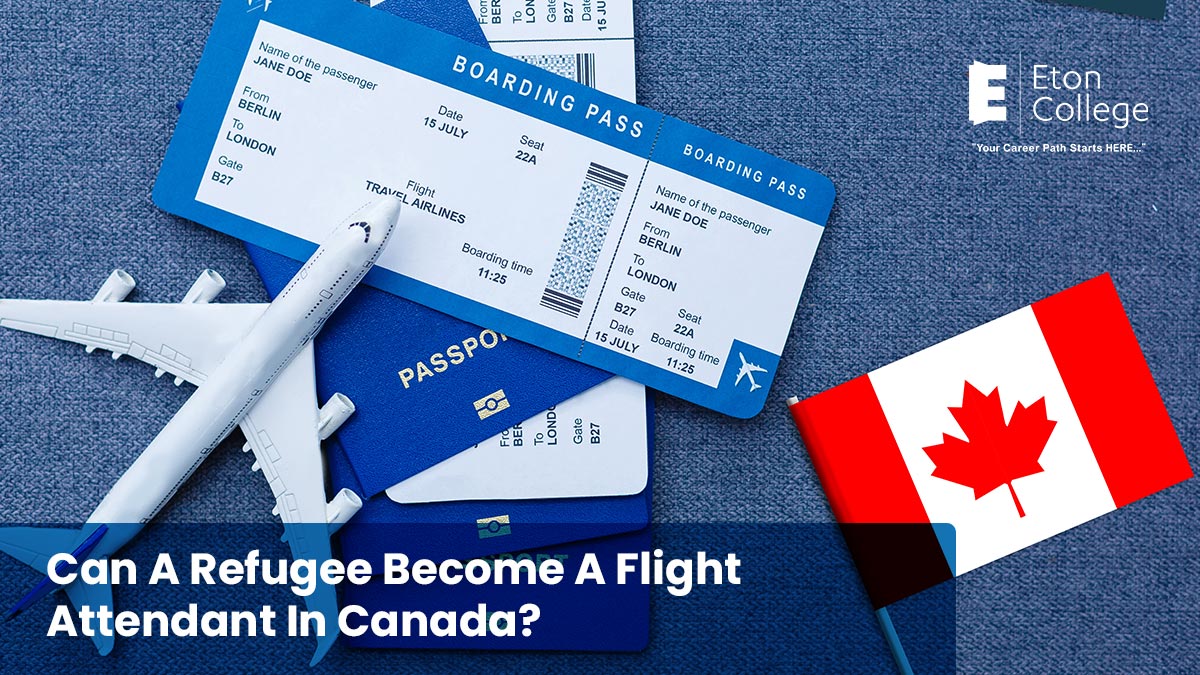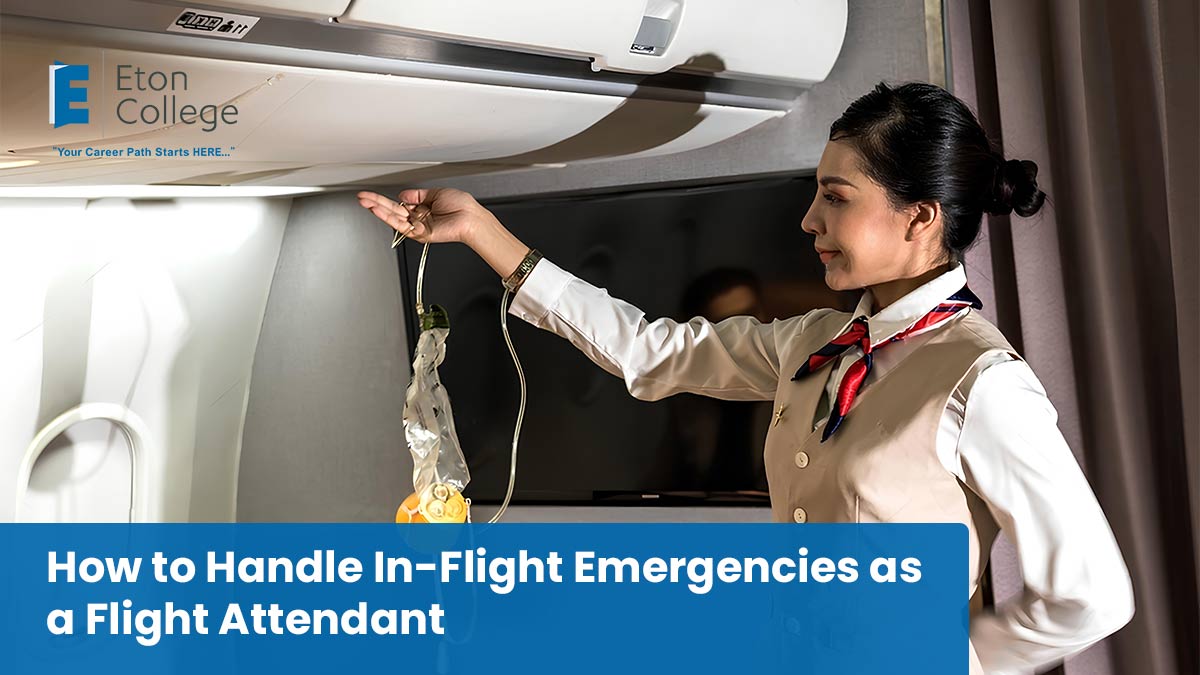- Refugees must have permanent residency or a work permit to become a flight attendant in Canada.
- Proficiency in both English and French is a significant advantage for flight attendants in Canada.
- Flight attendants must meet physical fitness and health standards, including the ability to lift luggage and respond to emergencies.
- Refugees may face obstacles such as work authorization delays, unrecognized foreign qualifications, and language barriers.
- Refugees have successfully become flight attendants in Canada by overcoming legal, educational, and language challenges through hard work and determination.
Becoming a flight attendant in Canada is a dream job for many who aspire to work in aviation. The role offers an exciting opportunity to travel, interact with diverse passengers, and be part of an industry that plays a crucial role in connecting people globally.
For refugees, this dream may seem more challenging due to their unique circumstances. However, the good news is that it is possible for a refugee to pursue a career as a flight attendant in Canada, provided they meet certain eligibility requirements and go through the necessary training.
In this blog, we will explore whether refugees can become flight attendants in Canada, the requirements they must meet, and how they can overcome potential challenges to achieve their dreams in the aviation industry.
Eligibility Requirements for Flight Attendants in Canada
To work as a flight attendant in Canada, there are basic requirements that all candidates, including refugees, must meet. Airlines expect individuals to possess certain qualifications that demonstrate their readiness for the job. Here’s what’s typically required for anyone wanting to become a flight attendant in Canada:
- Work Authorization: One of the most important prerequisites for a refugee is obtaining the legal right to work in Canada. Refugees who have been granted permanent residency (PR) or refugee status are eligible to apply for work permits. Having legal authorization to work allows refugees to pursue any profession, including becoming a flight attendant in Canada.
- Education: Most airlines require a minimum of a high school diploma or equivalent education. Having additional qualifications or specialized training in customer service or hospitality can further enhance a candidate’s chances of being hired as a flight attendant in Canada.
- Language Skills: Being fluent in English and French, Canada’s official languages, is highly beneficial. Many airlines in Canada prefer flight attendants who can communicate in both languages, as it allows them to interact effectively with a broader range of passengers.
- Physical Fitness and Health: Flight attendants need to meet specific health and physical fitness standards to perform their duties, such as standing for long periods, lifting luggage, and responding to emergency situations. Applicants must pass medical exams to ensure they are fit for the job.
- Training and Certification: Aspiring flight attendants in Canada must complete specialized training programs that focus on customer service, safety protocols, and emergency procedures. After training, candidates must also pass certification exams approved by Transport Canada, ensuring they are qualified to work as flight attendants in Canada.
- Background Checks: Airlines conduct background checks to ensure that candidates do not have any criminal history. A clear background check is vital for securing employment as a flight attendant in Canada, given the high level of trust and responsibility associated with the role.
Challenges Refugees May Face
While refugees can certainly pursue a career as a flight attendant in Canada, they may encounter specific challenges. Here are some of the most common obstacles refugees might face and how they can overcome them:
- Legal Status: Refugees who are in the process of obtaining permanent residency or a work permit may face delays that can affect their job search. It’s essential to ensure that all legal paperwork is in order before applying for jobs in Canada. Once PR status is granted, refugees can legally work as a flight attendant in Canada without restrictions.
- Recognition of Foreign Qualifications: Some refugees may have educational or work experience from their home countries, but these qualifications may not always be recognized in Canada. In such cases, enrolling in a Canadian flight attendant training program can provide the necessary skills and credentials that meet Canadian industry standards.
- Language Barriers: For refugees who are not yet fluent in English or French, language proficiency can be a hurdle. Improving language skills through courses or language immersion programs can help refugees meet the communication requirements to work as a flight attendant in Canada.
- Financial Constraints: Flight attendant training programs in Canada may require a financial investment, which can be a barrier for some refugees. However, there are scholarships, grants, and financial aid programs available for refugees that can help cover the costs of education and training.
Becoming a Flight Attendant in Canada as a Refugee
While the journey to becoming a flight attendant in Canada may present unique challenges for refugees, it is a feasible and rewarding career path. By obtaining the necessary legal status, completing flight attendant training, and improving language skills, refugees can pursue their dreams and succeed in this exciting field.
For those interested in starting their journey, Eton College offers a Flight Attendant Preparation Program designed to provide aspiring flight attendants with the skills and knowledge they need to thrive in the aviation industry. With the right training and support, refugees can embark on a fulfilling career as a flight attendant in Canada.




